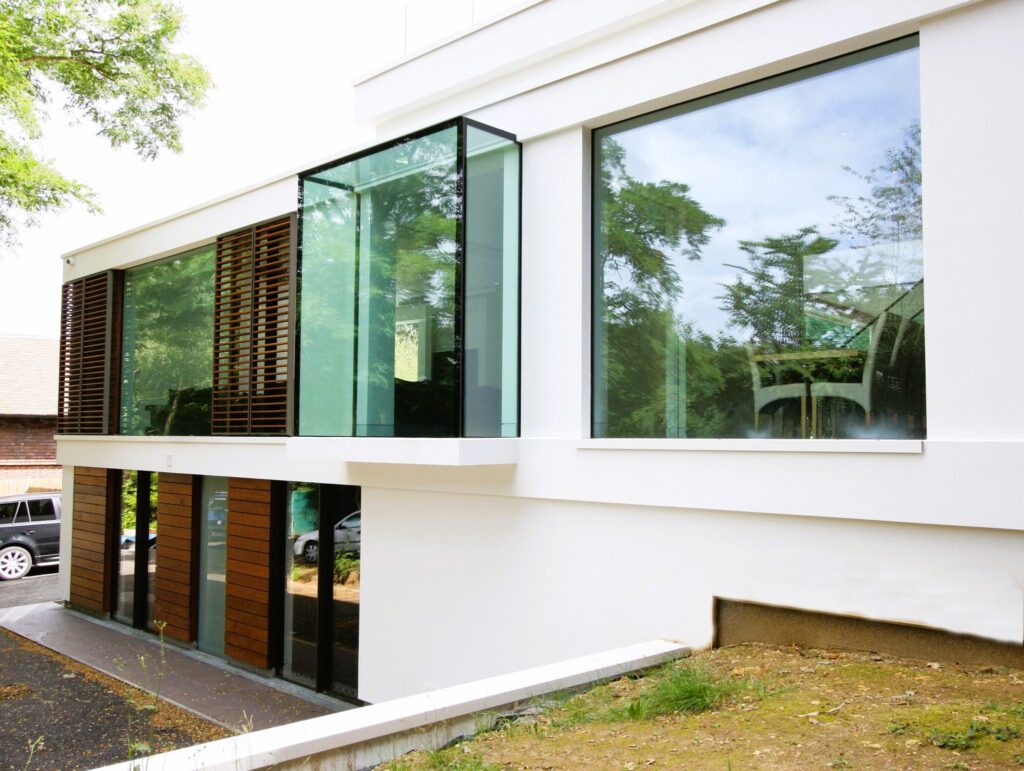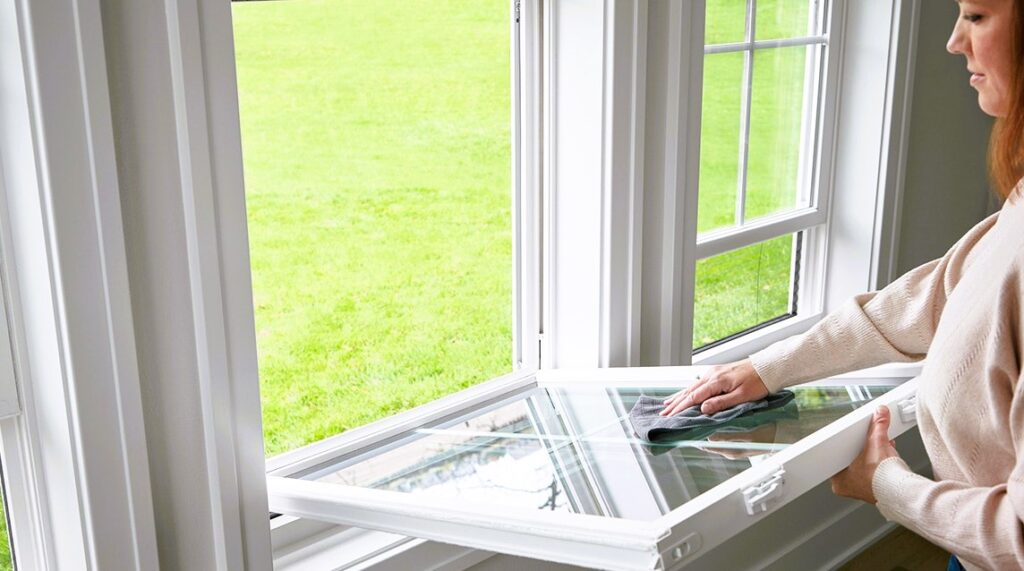When it comes to selecting windows for your home, the choice of materials is a crucial factor to consider. Windows not only provide natural light and ventilation but also contribute to the overall aesthetics and functionality of your living space. In this article, we will explore different window materials, their characteristics, and the factors to consider when choosing the right material for your windows.
Wood:
Wood has been a popular choice for windows for centuries due to its natural beauty and versatility. Wood windows offer excellent insulation properties, providing thermal efficiency and reducing energy costs. They also provide a classic, timeless look that enhances the overall charm and character of a home. However, wood windows require regular maintenance to prevent rotting, warping, or decay. Periodic painting, staining, and sealing are necessary to protect the wood from the elements and maintain its durability.
Vinyl:

Vinyl windows have gained significant popularity in recent years due to their affordability, low maintenance requirements, and energy efficiency. Made from PVC (polyvinyl chloride), vinyl windows are resistant to rot, moisture, and insects, making them suitable for various climates. They are available in a wide range of styles and colors, allowing homeowners to find options that match their aesthetic preferences. Vinyl windows also offer excellent thermal performance, reducing energy consumption and enhancing indoor comfort. However, it’s important to note that vinyl windows may not have the same level of structural strength as other materials, and color options may fade over time. Like the article? You can also read about Window Styles and Configurations.
Aluminum:
Aluminum windows are known for their strength, durability, and slim profiles. They are lightweight, yet sturdy, making them a suitable choice for large window openings. Aluminum frames are also resistant to corrosion, making them ideal for coastal areas or regions with high humidity. These windows require minimal maintenance and offer good energy efficiency when combined with thermal breaks or insulated frames. However, aluminum is a highly conductive material, which means that without proper insulation, it can allow heat or cold to transfer easily, affecting the window’s overall energy efficiency.
Fiberglass:
Fiberglass windows are a relatively new option in the market but have quickly gained recognition for their durability and energy efficiency. Made from glass fibers embedded in a resin matrix, fiberglass windows offer excellent strength, stability, and resistance to temperature changes. They are highly durable, with minimal expansion or contraction, ensuring long-term performance. Fiberglass windows also provide superior insulation, helping to reduce energy costs and maintain a comfortable indoor environment. These windows are available in various finishes and can mimic the look of wood or other materials. However, fiberglass windows can be more expensive than other options, and the selection may be limited compared to more established materials.
Composite:

Composite windows combine different materials to achieve optimal performance and aesthetics. They often feature a combination of wood and vinyl, aluminum, or fiberglass components. Composite windows offer the benefits of multiple materials, such as the natural beauty of wood and the low maintenance of vinyl or fiberglass. They are durable, weather-resistant, and provide good insulation properties. Composite windows are available in various styles and finishes, allowing homeowners to find options that match their design preferences. However, the cost of composite windows may be higher compared to individual materials.
When choosing the right window material, consider factors such as your budget, the climate in your region, maintenance requirements, and the desired aesthetic impact. It’s also important to select windows that meet energy efficiency standards and are properly installed by experienced professionals.
In conclusion, the choice of window materials is crucial for both durability and style. Wood, vinyl, aluminum, fiberglass, and composite materials each have their unique advantages and considerations. By understanding the characteristics of different window materials and considering your specific needs, you can select the right windows that enhance your home’s aesthetics, provide durability, and contribute to energy efficiency.
Remember to consult with window professionals, such as contractors or manufacturers, to get expert advice and ensure that your chosen windows meet your requirements. With the right window materials, you can transform your home into a stylish, comfortable, and energy-efficient sanctuary.
